Home>Gardening & Outdoor>Landscaping Ideas>What Grass Grows Best In South Carolina
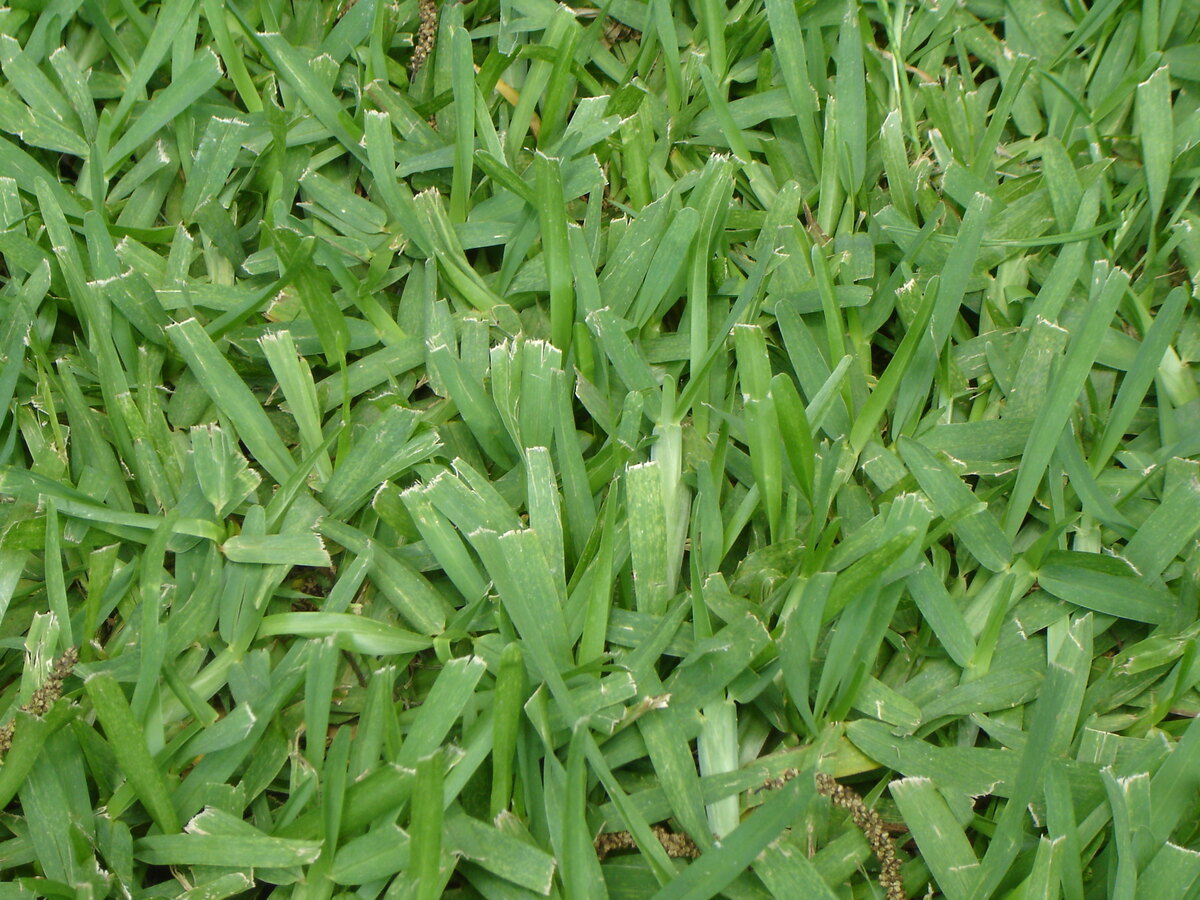

Landscaping Ideas
What Grass Grows Best In South Carolina
Modified: March 27, 2024
Discover the best grass for your South Carolina landscaping needs with our expert tips and ideas. Create a lush, vibrant lawn that thrives in the local climate.
(Many of the links in this article redirect to a specific reviewed product. Your purchase of these products through affiliate links helps to generate commission for Storables.com, at no extra cost. Learn more)
Introduction
Choosing the right type of grass for your lawn in South Carolina is crucial for achieving a lush, vibrant, and healthy landscape. South Carolina's climate and soil conditions present both opportunities and challenges when it comes to cultivating a thriving lawn. Understanding the factors that influence grass growth and the specific grass varieties that thrive in this region is essential for homeowners and landscapers alike.
In this comprehensive guide, we will explore the key considerations for selecting the best grass for South Carolina's unique environment. From the coastal plains to the Piedmont region, South Carolina's diverse topography and climate variations demand careful attention to detail when it comes to lawn care. By delving into the types of grass that flourish in South Carolina and the best practices for nurturing them, you will gain valuable insights into creating a stunning and resilient lawn that can withstand the demands of the local climate.
Whether you are a seasoned gardener or a novice homeowner looking to transform your outdoor space, this guide will equip you with the knowledge and expertise needed to make informed decisions about your lawn. Let's embark on this journey to discover the lush, verdant possibilities that await when you choose the right grass for your South Carolina landscape.
Key Takeaways:
- Choose Bermuda grass for hot and humid South Carolina. It’s tough, grows fast, and handles heavy traffic well. Perfect for a vibrant, low-maintenance lawn in the Palmetto State!
- Prepare soil, water deeply, and mow right for a lush South Carolina lawn. Follow best practices to nurture Bermuda, Zoysia, Centipede, St. Augustine, or Tall Fescue grass varieties.
Factors to Consider When Choosing Grass
When selecting the ideal grass for your South Carolina lawn, several crucial factors come into play. Understanding and carefully considering these elements will help you make an informed decision that aligns with the unique characteristics of your landscape. Here are the key factors to consider:
1. Climate and Weather Conditions
South Carolina experiences a diverse climate, ranging from the humid subtropical climate in the coastal areas to the more moderate conditions in the upstate regions. The varying temperature ranges and precipitation levels across the state directly impact the suitability of different grass species. For instance, warm-season grasses such as Bermuda grass and Zoysia grass thrive in the hot and humid summers of South Carolina, while cool-season grasses like fescue may struggle to withstand the intense heat.
2. Soil Type and Quality
The soil composition in South Carolina varies from sandy coastal soils to clay-rich soils in the upstate regions. Different grass species have specific soil preferences, with some being more adaptable to acidic soils, while others thrive in alkaline or well-drained soils. Conducting a soil test to determine the pH levels, nutrient content, and drainage capacity of your soil is essential for identifying the most suitable grass varieties for your lawn.
3. Sunlight Exposure
The amount of sunlight your lawn receives plays a pivotal role in determining the type of grass that will flourish. Some grass species, such as St. Augustine grass, exhibit excellent shade tolerance and are well-suited for lawns with limited sunlight exposure, while others, like Bermuda grass, thrive in full sun conditions. Assessing the sunlight patterns in your yard will guide you in selecting a grass variety that can thrive in the specific light conditions of your landscape.
4. Maintenance Requirements
Consider the level of maintenance and care that different grass species demand. Some grasses may necessitate frequent mowing, watering, and fertilization, while others are more resilient and require minimal upkeep. Understanding the maintenance needs of various grass types will help you choose a variety that aligns with your desired level of lawn maintenance.
5. Pest and Disease Resistance
Certain grass species exhibit natural resistance to common pests and diseases prevalent in South Carolina. By selecting grass varieties with inherent pest and disease resistance, you can minimize the need for chemical treatments and ensure the long-term health of your lawn.
By carefully evaluating these factors, you can make an informed decision when choosing the most suitable grass for your South Carolina landscape. Each element plays a crucial role in determining the resilience, vibrancy, and overall health of your lawn, making it essential to consider them thoughtfully before making your selection.
Types of Grass That Thrive in South Carolina
South Carolina's diverse climate and soil conditions create an ideal environment for several grass species to thrive. When it comes to selecting the right grass for your lawn, it's essential to consider the specific characteristics and adaptability of each grass type to ensure optimal growth and resilience. Here are some of the top grass varieties that flourish in South Carolina:
1. Bermuda Grass
Bermuda grass is a warm-season grass that excels in South Carolina's hot and humid climate. Known for its exceptional heat tolerance and rapid growth, Bermuda grass is a popular choice for lawns, sports fields, and golf courses. Its fine texture and excellent wear resistance make it well-suited for high-traffic areas, while its ability to establish quickly and recover from stress further enhances its appeal.
Read more: What Grass Grows In North Carolina
2. Zoysia Grass
Zoysia grass is another warm-season grass that thrives in South Carolina's climate. This grass variety exhibits impressive drought tolerance and can withstand heavy foot traffic, making it an excellent choice for lawns and recreational areas. With its dense growth habit and attractive appearance, Zoysia grass adds a touch of elegance to landscapes while requiring minimal maintenance.
3. Centipede Grass
Centipede grass is well-adapted to the acidic and sandy soils commonly found in South Carolina. Its low maintenance requirements, including minimal fertilization and mowing, make it a popular choice for homeowners seeking a low-maintenance lawn solution. Centipede grass's ability to thrive in partial shade and its natural resistance to many pests and diseases further contribute to its appeal in the region.
4. St. Augustine Grass
St. Augustine grass is valued for its exceptional shade tolerance, making it an ideal choice for lawns with limited sunlight exposure. In South Carolina's coastal areas, where shade from trees and structures is prevalent, St. Augustine grass thrives and maintains its vibrant green color. Its rapid growth and ability to establish quickly contribute to its popularity in the region.
5. Tall Fescue
Tall fescue is a cool-season grass that can thrive in the upstate regions of South Carolina, where the climate is more moderate. With its ability to withstand colder temperatures and its deep root system, tall fescue offers year-round greenery and resilience in areas where warm-season grasses may struggle during the cooler months.
By understanding the unique characteristics and adaptability of these grass varieties, homeowners and landscapers in South Carolina can make informed decisions when selecting the most suitable grass for their specific landscape. Each grass type offers distinct advantages and considerations, allowing for tailored choices that align with the diverse environmental conditions across the state.
Read more: What Kind Of Grass Grows In South Florida
Best Practices for Growing Grass in South Carolina
Successfully cultivating a vibrant and resilient lawn in South Carolina requires adherence to best practices tailored to the region's unique climate and soil conditions. By implementing the following guidelines, homeowners and landscapers can optimize the growth and health of their grass, ensuring a lush and inviting landscape.
1. Soil Preparation
Before planting grass, it is essential to prepare the soil to create an optimal growing environment. Conduct a soil test to assess the pH levels and nutrient content, allowing for targeted soil amendments based on the specific needs of the chosen grass variety. Incorporating organic matter, such as compost, can improve soil structure and fertility, promoting robust root development and overall grass health.
2. Proper Watering
Establishing a consistent and efficient watering routine is crucial for grass growth in South Carolina. While warm-season grasses like Bermuda and Zoysia thrive in the region's heat, they still require adequate hydration. Deep, infrequent watering encourages deep root growth and drought tolerance, while minimizing water loss through evaporation. Utilizing irrigation systems with adjustable schedules can help maintain optimal soil moisture levels, especially during periods of high temperatures and limited rainfall.
3. Fertilization
Applying the right type and amount of fertilizer at the appropriate times is vital for promoting healthy grass growth. In South Carolina, where soil conditions vary across the state, understanding the specific nutrient requirements of the chosen grass species is essential. Utilizing slow-release fertilizers can provide a steady supply of nutrients to the grass, supporting sustained growth and resilience while minimizing the risk of nutrient leaching.
Read more: When To Plant Grass Seed In South Carolina
4. Mowing Practices
Adhering to proper mowing practices is essential for maintaining the health and appearance of the lawn. Adjusting the mower height based on the grass variety and seasonal growth patterns helps promote root development and shade the soil, reducing moisture loss. Additionally, regular mower blade maintenance ensures clean cuts, preventing stress and susceptibility to diseases.
5. Integrated Pest Management
Implementing integrated pest management (IPM) strategies helps mitigate the impact of pests and diseases on the grass. Monitoring for signs of pest infestations and disease outbreaks enables timely intervention, reducing the reliance on chemical treatments. Selecting pest-resistant grass varieties and promoting overall lawn health through proper care further enhances the grass's natural ability to withstand potential threats.
By embracing these best practices, individuals can foster the optimal conditions for grass growth in South Carolina, resulting in a vibrant and enduring lawn that enhances the beauty and functionality of outdoor spaces across the state.
Conclusion
In conclusion, choosing the right grass for your South Carolina landscape is a decision that significantly impacts the overall beauty, resilience, and functionality of your outdoor space. By carefully considering the climate, soil conditions, sunlight exposure, and maintenance requirements, homeowners and landscapers can make informed choices that align with the unique characteristics of their specific landscapes.
The diverse grass varieties that thrive in South Carolina, including Bermuda grass, Zoysia grass, Centipede grass, St. Augustine grass, and Tall Fescue, offer a range of options to suit different environmental conditions and aesthetic preferences. Each grass type brings its own set of advantages, from heat tolerance and drought resistance to shade tolerance and low maintenance requirements, allowing for tailored selections that cater to the diverse topography and climate variations across the state.
Furthermore, implementing best practices for soil preparation, watering, fertilization, mowing, and integrated pest management is essential for nurturing healthy and vibrant grass growth in South Carolina. By following these guidelines, individuals can create an environment that fosters the long-term health and beauty of their lawns, enhancing the overall appeal of their outdoor living spaces.
Ultimately, the journey to selecting and growing the best grass for South Carolina is a rewarding endeavor that yields a landscape of lush greenery, resilience, and natural beauty. Whether it's the coastal plains, Piedmont region, or upstate areas, the right grass choice, coupled with diligent care and maintenance, can transform any outdoor space into a thriving and inviting haven for relaxation, recreation, and enjoyment.
As you embark on the path to cultivating a stunning lawn in South Carolina, may this guide serve as a valuable resource, empowering you to make informed decisions and embrace the possibilities that await in creating a vibrant and enduring landscape that reflects the unique charm of the Palmetto State.
Frequently Asked Questions about What Grass Grows Best In South Carolina
Was this page helpful?
At Storables.com, we guarantee accurate and reliable information. Our content, validated by Expert Board Contributors, is crafted following stringent Editorial Policies. We're committed to providing you with well-researched, expert-backed insights for all your informational needs.

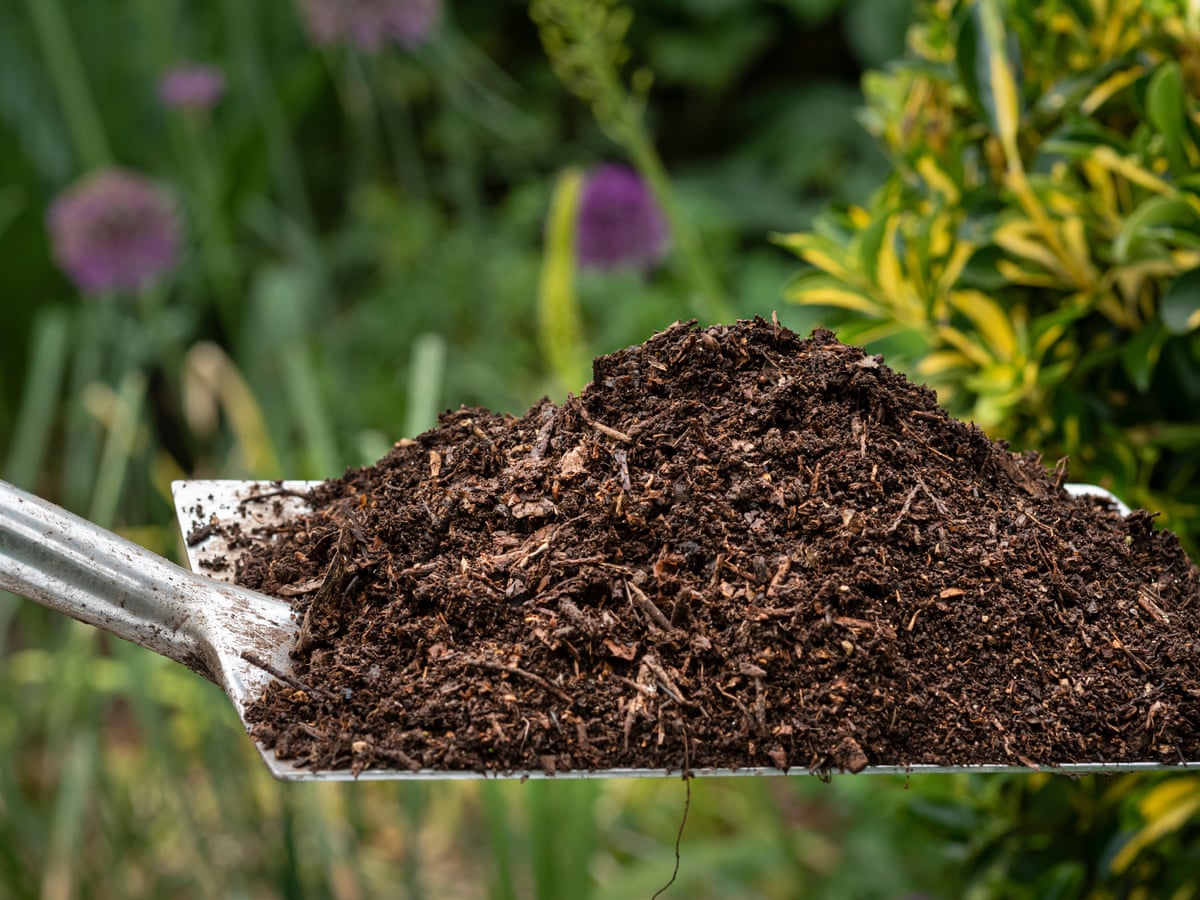

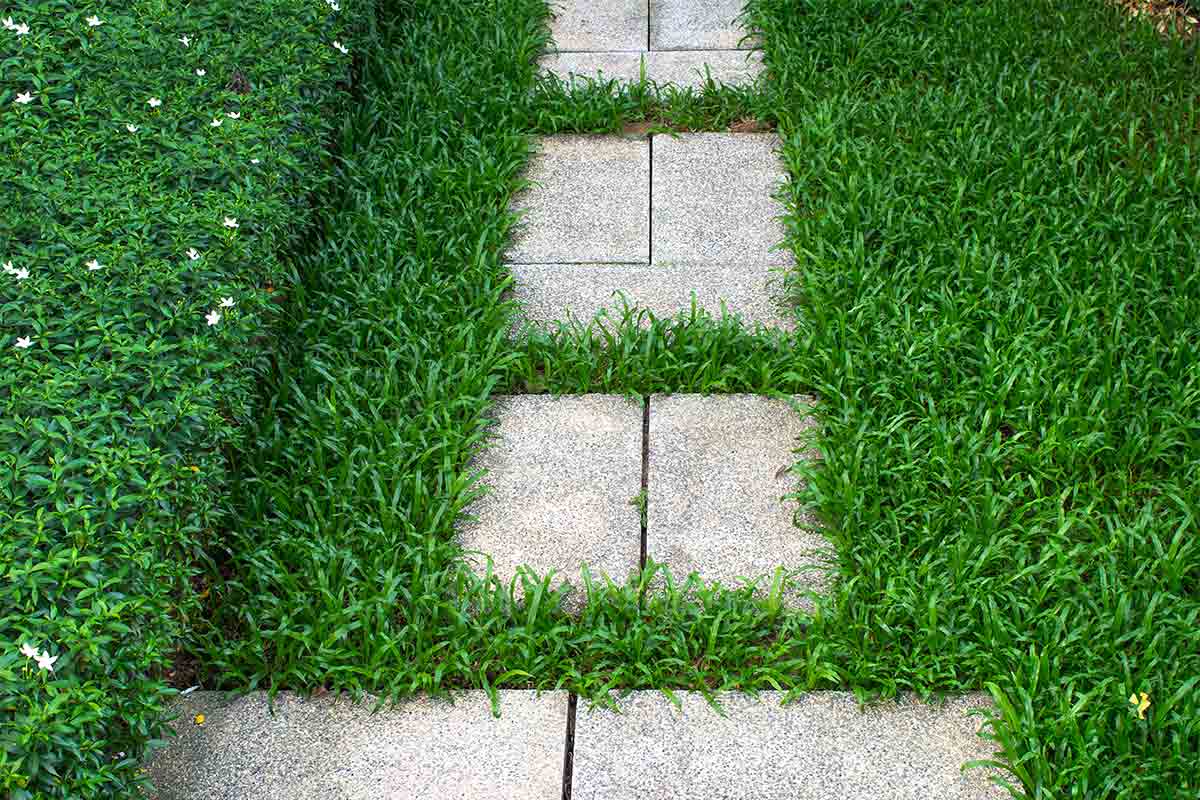
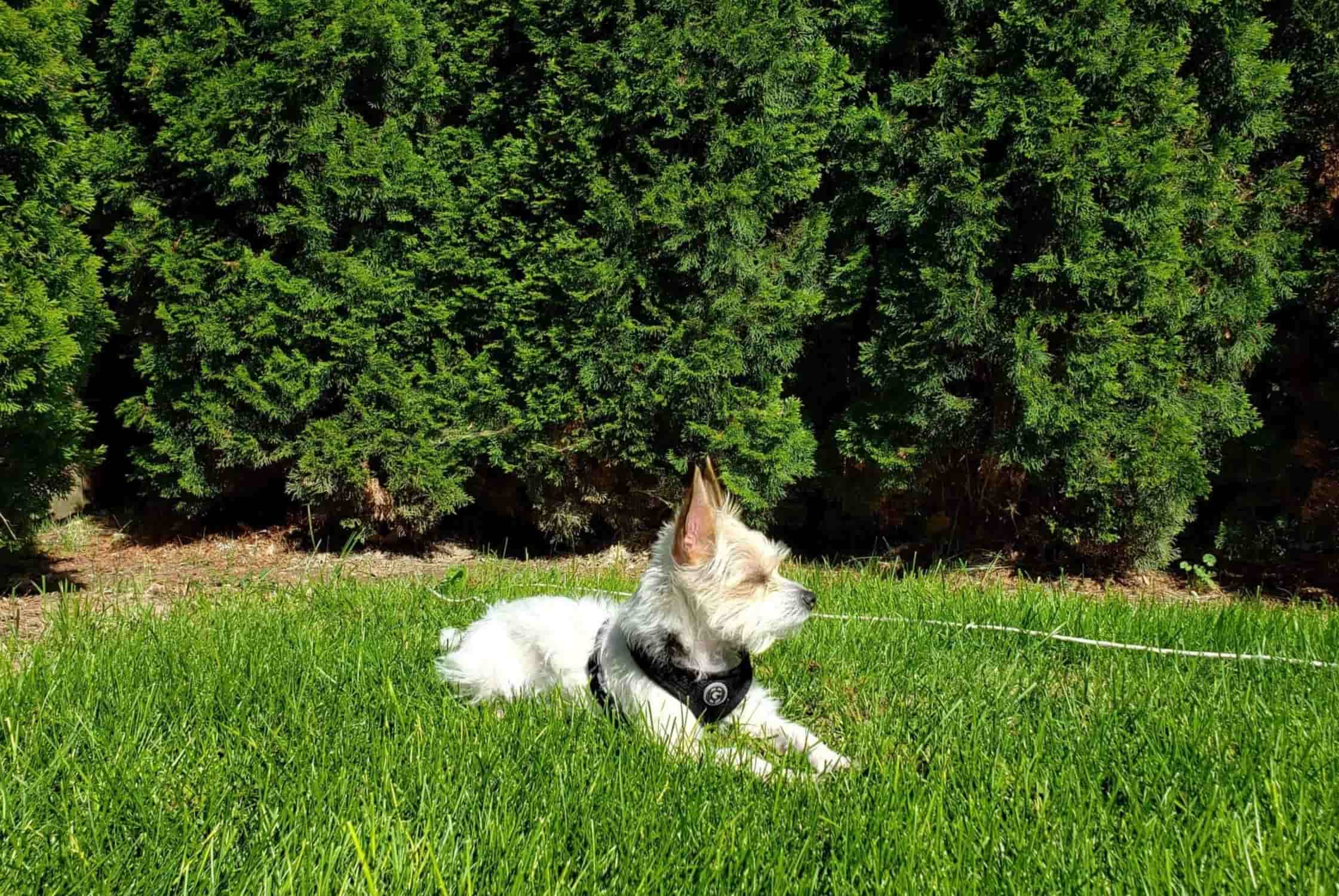
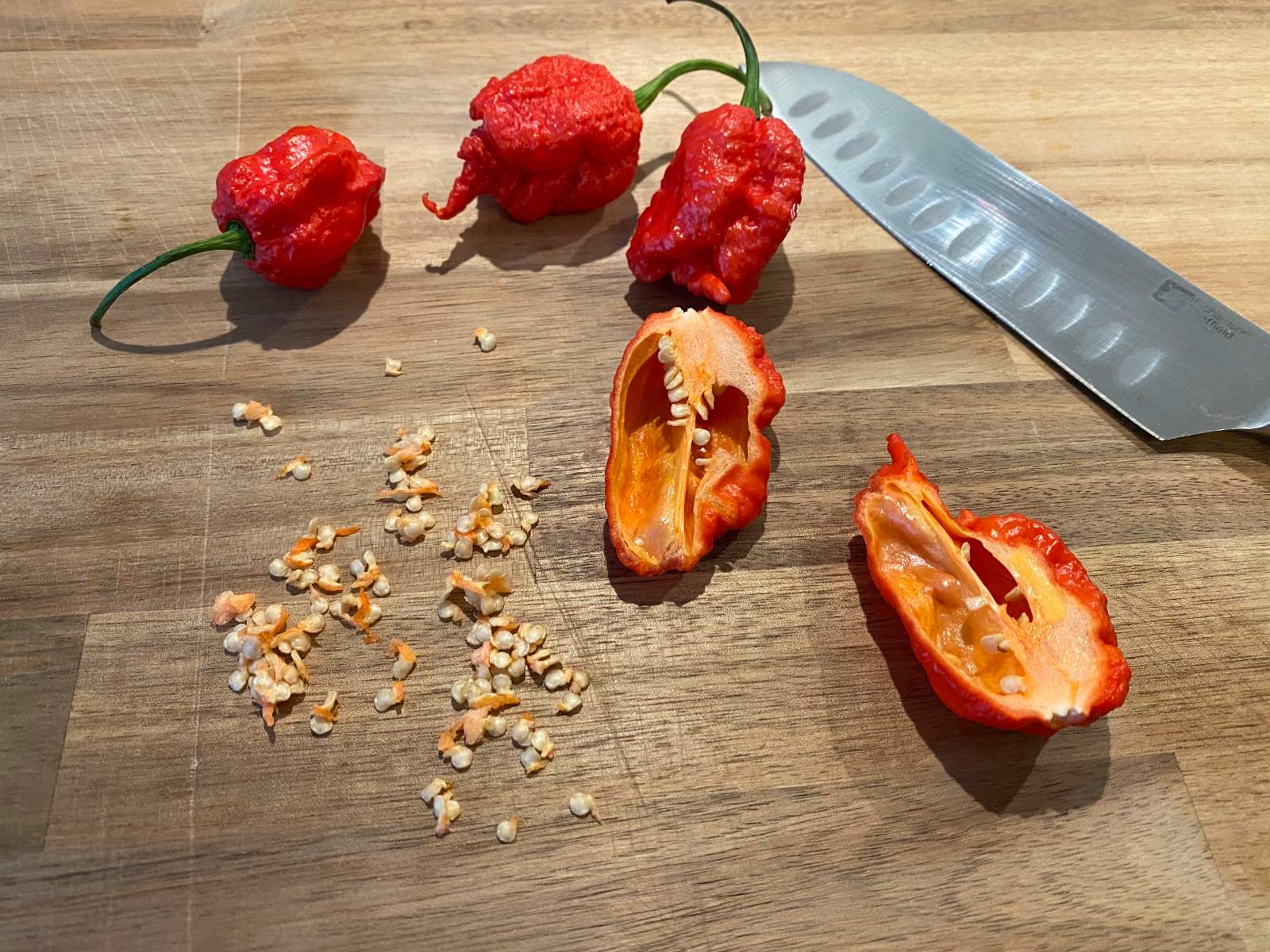
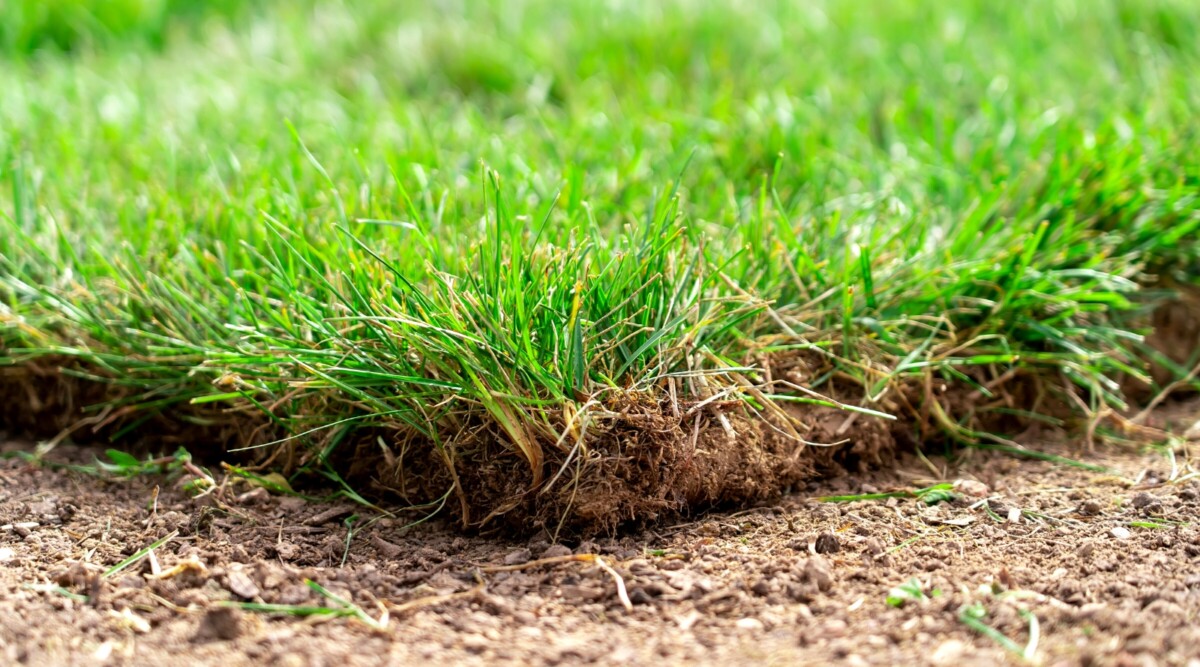

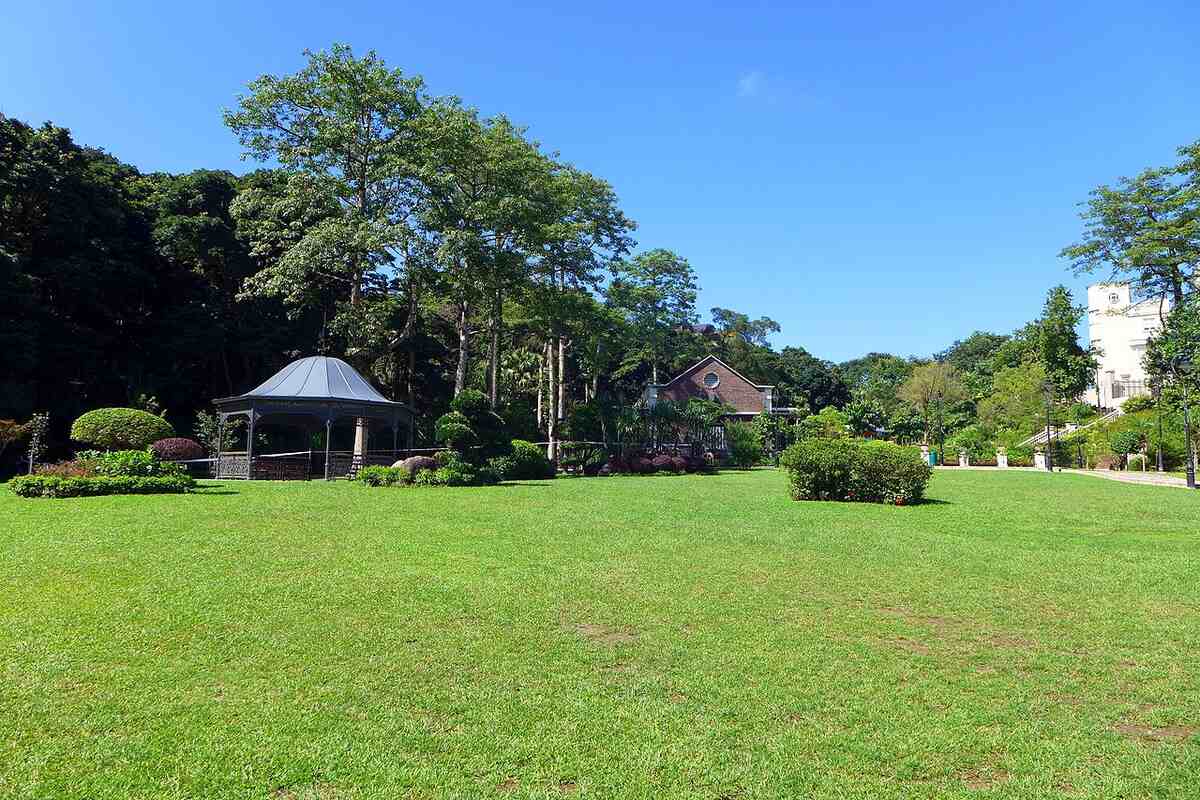
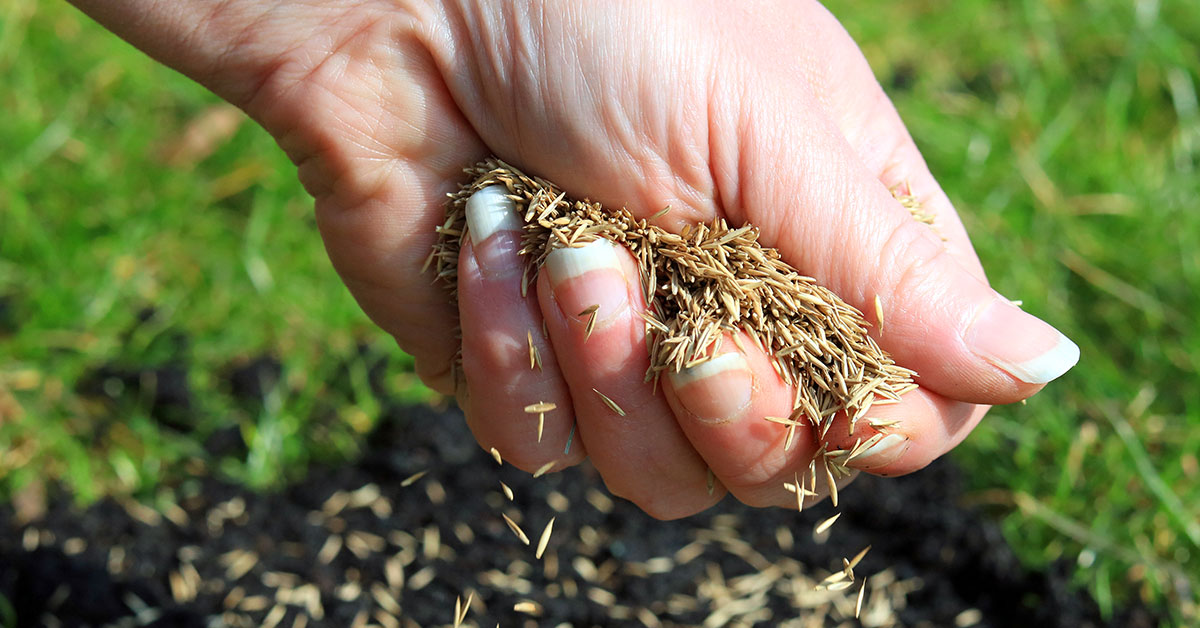
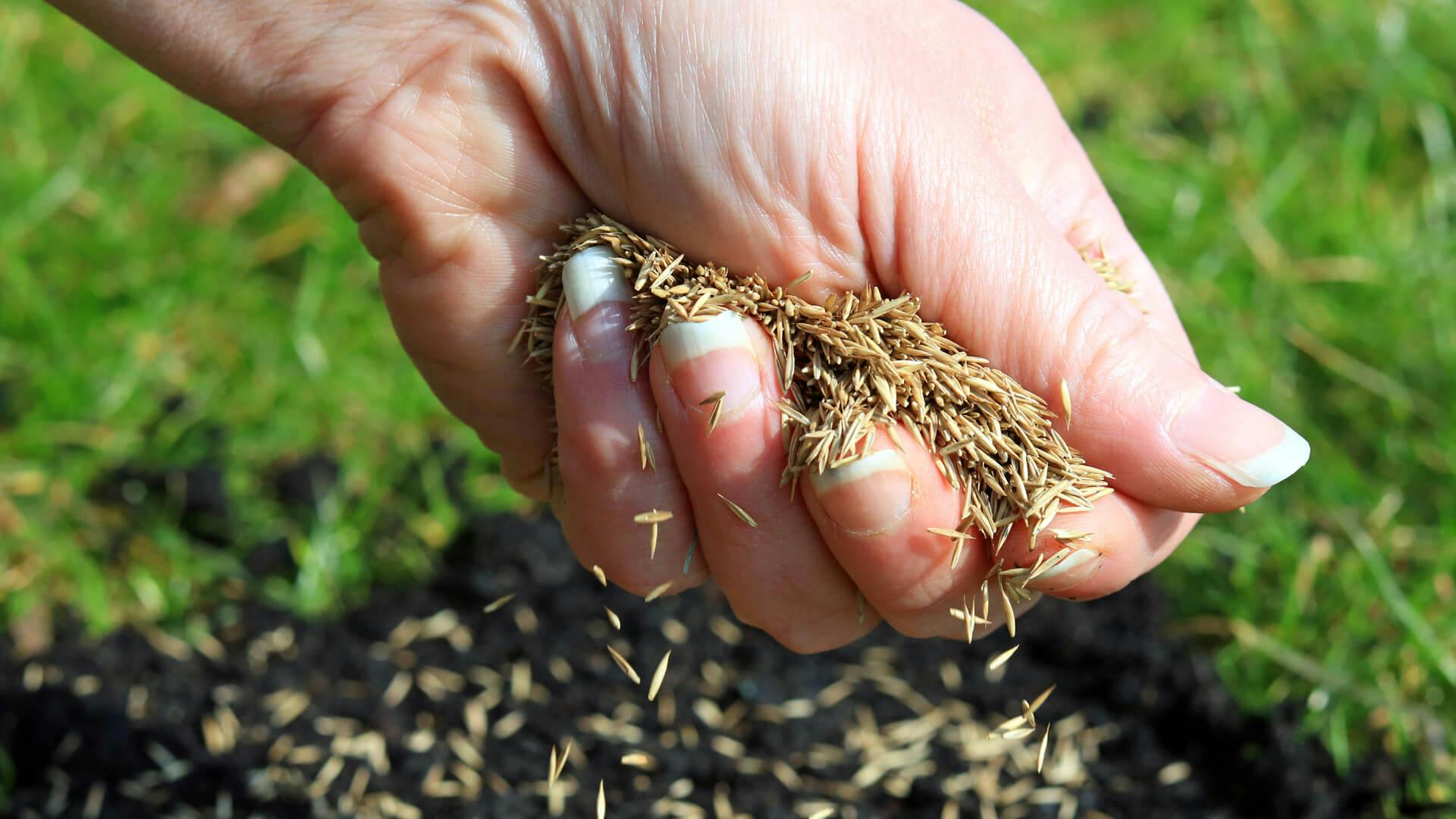

0 thoughts on “What Grass Grows Best In South Carolina”